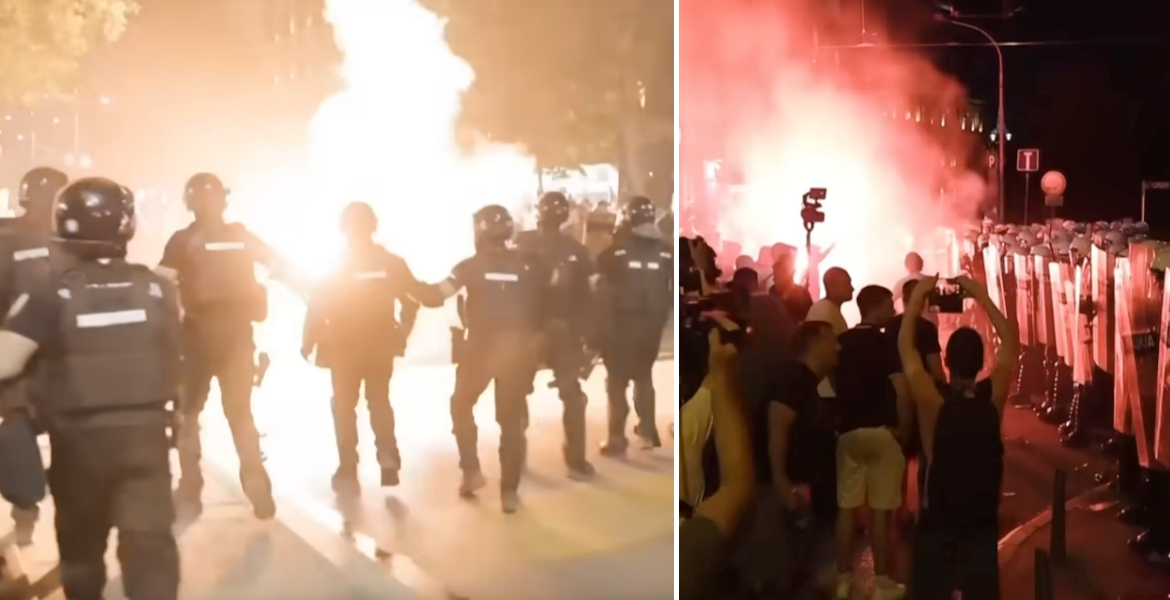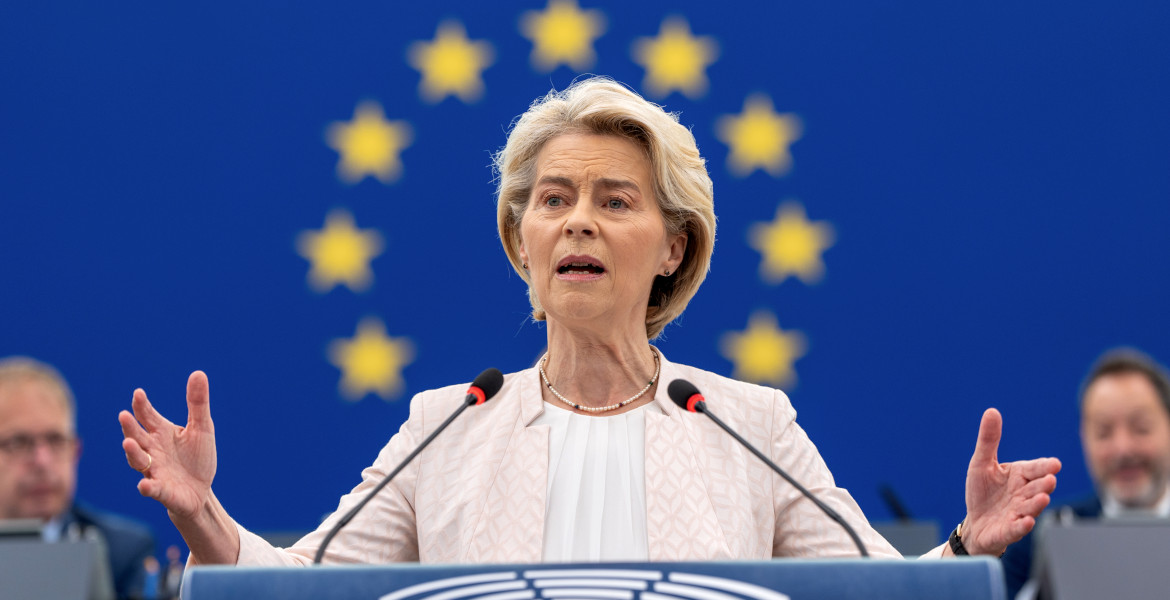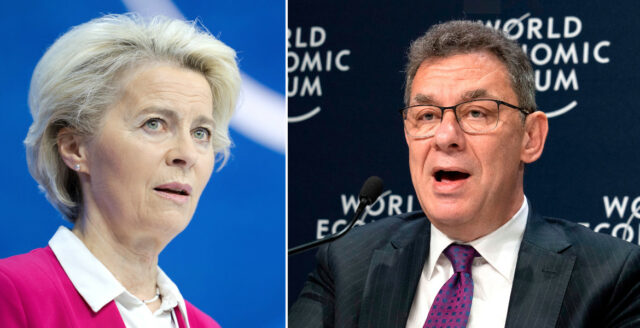German politician Björn Höcke of the Alternative for Germany (AfD) will be tried at the regional court in the city of Halle for using “Nazi vocabulary”.
The alleged offense consists of Höcke telling the audience during a speech: “Everything for our homeland, everything for Saxony-Anhalt, everything for Germany”.
The Higher Regional Court in Naumburg, Saxony-Anhalt, on Thursday upheld an appeal by the prosecution, paving the way for the trial, reports Deutsche Welle. The trial was announced in September, but it was still unclear whether Höcke would be tried in Halle, where prosecutors filed the charges, or in the smaller town of Merseburg, where he gave his speech.
Although the district court decided to hold the trial in the latter city, the higher regional court disagreed, saying that public interest and Höcke’s celebrity justified holding the trial in Halle – the largest city in the state of Saxony-Anhalt.
Banned slogan
Prosecutors say Höcke used a “banned Nazi slogan” during a public speech in 2021, noting that the slogan “All for Germany” was used by the NSDAP’s paramilitary Sturmabteilung subgroup in the 1930s.
In Germany, most things that are considered to praise or glorify Adolf Hitler and the Nazi Reich or its ideology have long been criminalized and can lead to severe punishment.
Björn Höcke, the leader of the AfD in the state of Thuringia, can be called a “fascist” and similar epithets by anyone without risk of being convicted of defamation, according to another court ruling.









